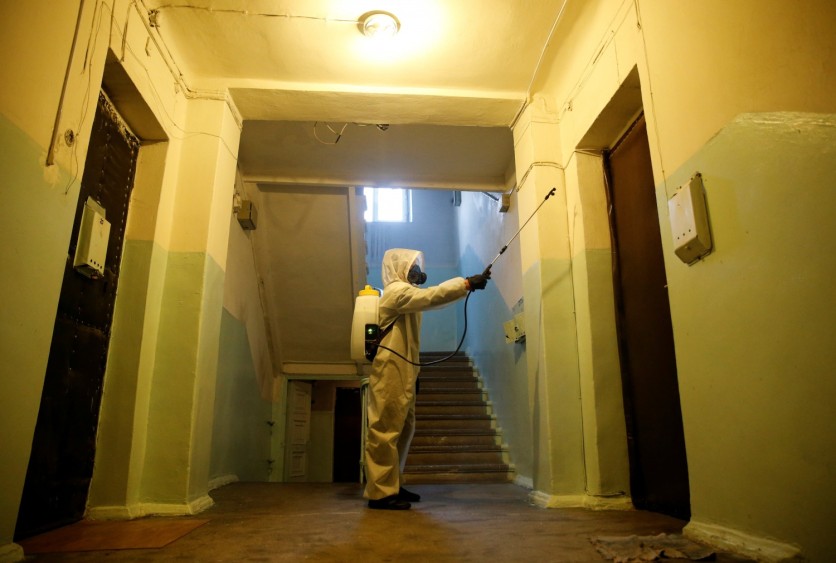The U.S. Food and Drug Administration issues an emergency approval for two anti-malarial pills for use in treating people infected with the coronavirus. The capsules, chloroquine phosphate and hydroxychloroquine sulfate, were promoted by President Trump. He said the drugs could become "one of the biggest game-changers in the history of medicine."

ALSO READ : COVID-19 Cure? Coronavirus Patients Come Forward to Reveal Hydroxychloroquine Saved their Lives
Still, they had not been FDA-approved for treating COVID-19, the disease because of the radical coronavirus. Dr. Anthony Fauci, the government's top infectious disease expert, said earlier this month that lots of what's known about the drug are primarily based on "anecdotal reports."
Anti-malaria drugs donated by Sandoz, Bayer
In a statement, the Department of Health and Human Services said that it had also obtained 30 million doses of hydroxychloroquine sulfate donated by Sandoz. Around one million doses of chloroquine phosphate were given by Bayer Pharmaceuticals for the national stockpile of prescription drugs and clinical supplies.
The capsules that have been long authorized for treating malaria, lupus, and different diseases can be used "in treating patients COVID-19 or in medical trials," the HHS statement stated.
There are presently no FDA-approved treatments for the novel coronavirus. Both capsules, however, have shown action in laboratory studies towards coronaviruses, including SARS-CoV-2.
HHS noted anecdotal reports supporting these capsules in providing some advantage in treating hospitalized COVID-19 patients. "Clinical trials are had to offer scientific proof that these treatments are effective."
In a tweet, HHS Secretary Alex Azar said experts worldwide had identified multiple potential medications for COVID-19, including the two anti-malarial drugs. He noted Trump is "taking every possible step" to protect Americans from the coronavirus and provide them with hope.
Politico said FDA has allowed New York to test the anti-malaria drugs on specific patients.
Researchers urge public to 'remain vigilant' in taking such medications
Many researchers, including Dr. Fauci, have urged the public to stay cautious until large medical trials validate smaller studies.
Daily Mail said the National Institutes of Health and the Biomedical Advanced Research and Development Authority are currently working on plotting such trials.
Karine Le Roch, a cell biology professor at the University of California, Riverside, explained both the anti-malarial drugs could change the pH of elements of human cells.
This would interfere with the virus's capability to go into the cells - and may also ditch them from replicating once they might be already in.
"While it worked in vitro, I am [ready] to see published consequences of large blind medical trials demonstrating the efficacy of HCQ in vivo,' she told AFP.
There are now more than 741,000 diagnosed cases of COVID-19, according to the Center for Systems Science and Engineering at Johns Hopkins University. At least 156,000 of those patients have recovered from the disease.
With more than 143,000 identified COVID-19 instances, the United States has the highest national tally within the world. At least 2,572 people have died in the United States.




